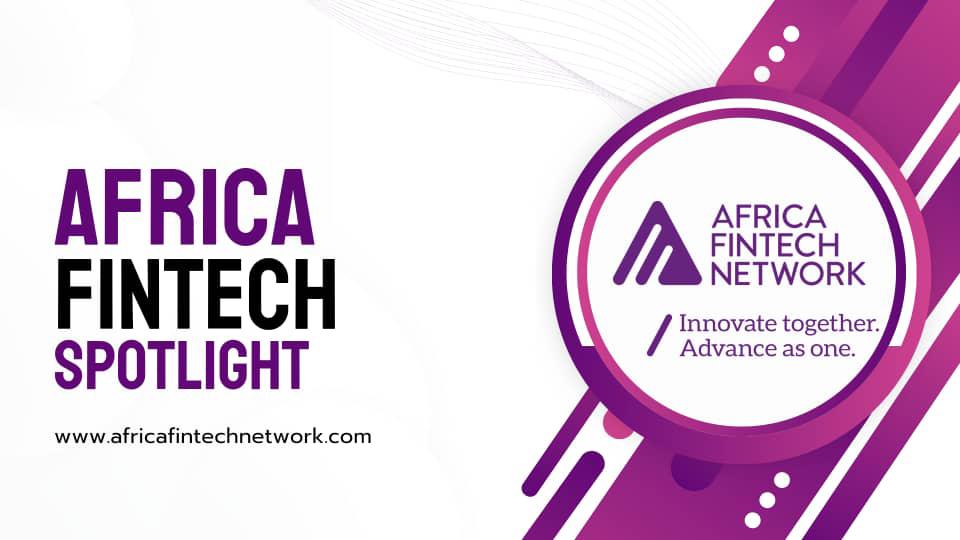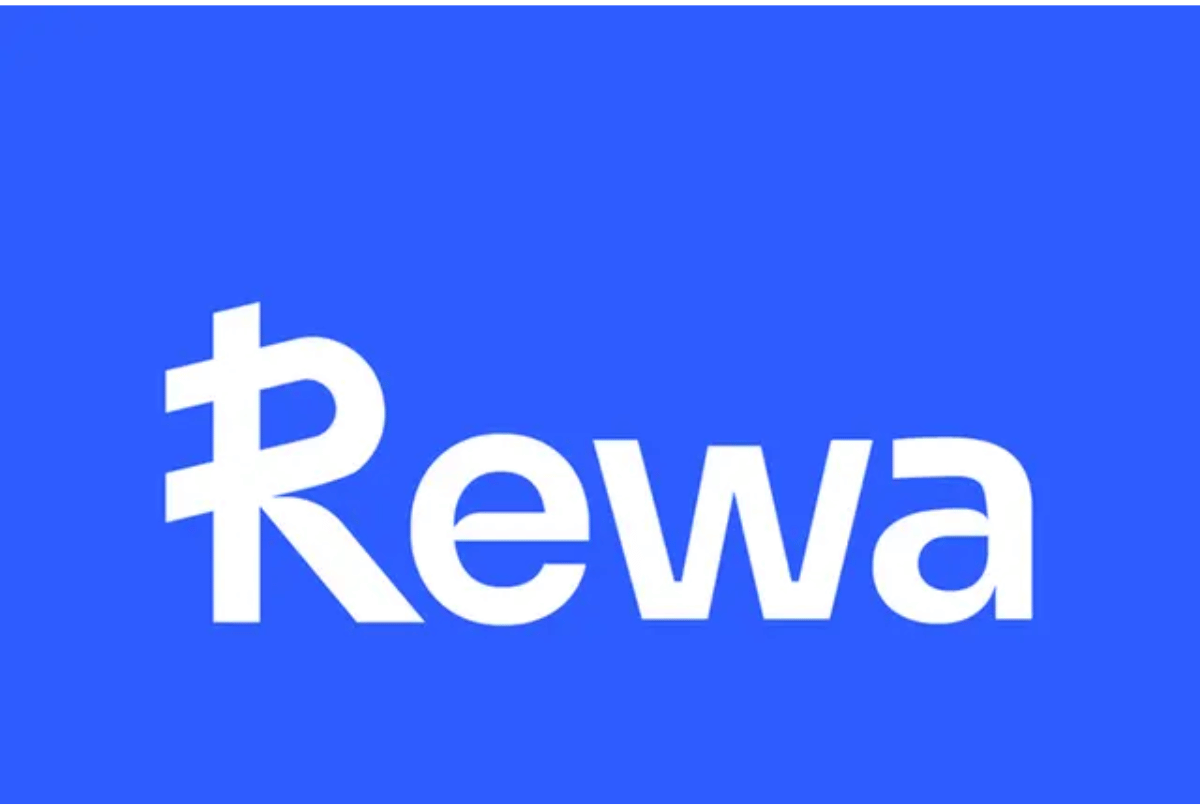
Africa Fintech Spotlight
Egypt’s Octane Fuels Up With USD 5.2 M To Digitise Fleet Payments Across MENA
In a region where fleets keep commerce moving but payments remain stubbornly analogue, Egyptian startup Octane has secured USD 5.2 M to change that.
The Cairo-based fintech, which builds digital infrastructure for managing fuel and on-road fleet expenses, raised the round from Shorooq Partners, Algebra Ventures, and Elsewedy Capital Holding.
Octane is offering not only a virtual fuel card but also what it calls a unified fleet wallet. The platform consolidates everything from diesel to petty cash into a single digital system with real-time controls, analytics, and fraud detection.
Read more: https://weetracker.com/2025/06/17/egypt-fintech-octane-raises-funding/
Hizo closes $100K funding round to redefine intra-Africa payments in Africa
Hizo, a Nigeria-based fintech startup focused on simplifying intra-Africa payments within Africa, has announced the closure of a $100,000 Friends & Family seed round, officially finalized on June 4, 2025. This funding will support Hizo in enhancing its digital remittance platform, expanding market reach, and reinforcing its bold vision of seamless intra-African financial connectivity.
Unlocking Africa’s financial borders
Cross-border trade in Africa often suffers from inefficiencies: traders, tourists, and businesses face cumbersome currency conversions, high transaction fees, and limited interoperability between national currencies. Hizo was founded to tackle precisely these challenges, by enabling users to transact using their own local currency. Hizo currently allows Nigerians to spend their naira across 14 different African countries.
Tanzania aims to become East Africa’s next digital innovation hub
Tanzania is positioning itself to become a leading digital innovation hub in East Africa, leveraging its youthful population and growing startup ecosystem. Ranked 7th in the 2024 East African Startup Ecosystem Index by StartupBlink, the country is seeking to raise its regional standing through targeted reforms and investment in entrepreneurship.
The government’s strategy focuses on building tech hubs, improving digital skills, and expanding access to funding for startups. These efforts are also seen as a way to address structural unemployment. In March 2024, the Information and Communication Technologies Commission (ICTC) reported that 21 million Tanzanians aged 15 to 34 were self-employed in tech and innovation-related fields, including startups and online businesses—about 33% of the total population, based on the 2022 census figure of 61.7 million.
Egypt’s Fund DisrupTech Ventures Backs Nigeria’s Agri-fintech Winich Farms in Pan-African Push
DisrupTech Ventures, one of Egypt’s leading early-stage fintech funds, has announced its first pan-African investment in Nigerian startup Winich Farms, a fast-growing Agri-Tech that is transforming access to markets and credit for smallholder farmers across Nigeria. The investment forms part of Winich’s Pre-Series A round.
Lagos-based Winich is addressing the most pressing challenges facing Nigeria’s agriculture sector, market fragmentation and lack of financial inclusion. Despite agriculture contributing 21% of Nigeria’s GDP and employing millions, smallholder farmers—who make up 80% of the farming population and produce 90% of output—remain largely excluded from modern supply chains and financial systems.
Central Bank of Kenya Licenses 41 More Digital Credit Providers
The Central Bank of Kenya (CBK) has announced the licensing of 41 additional Digital Credit Providers (DCPs), pursuant to Section 59(2) of the Central Bank of Kenya Act.
This brings the total number of licensed DCPs to 126, following a previous round of licensing in October 2024 which saw 27 providers approved.
Since March 2022, CBK has received over 700 applications.
In reviewing these, the Bank has worked closely with applicants and consulted relevant regulatory bodies and agencies, including the Office of the Data Protection Commissioner.
Read more: https://fintechnews.africa/45405/fintech-kenya/cbk-licenses-41-digital-credit-providers-2025/
Digital Euro Rollout Could Cost Eurozone Banks Up to 30 Billion Euro
While the digital euro project presented by the European Central Bank (ECB) offers several potential benefits, including improved payment efficiency, greater financial inclusion, and increased resilience of the financial system, it also introduces significant challenges for banks, including major financial, resource, and operational hurdles.
A new study by global consultancy PwC examines the change costs associated with the issuance and distribution of the digital euro, as well as the technology required to process digital euro payments. This includes automated teller machines (ATMs), point-of-sale (POS) terminals, and e-commerce infrastructure.




